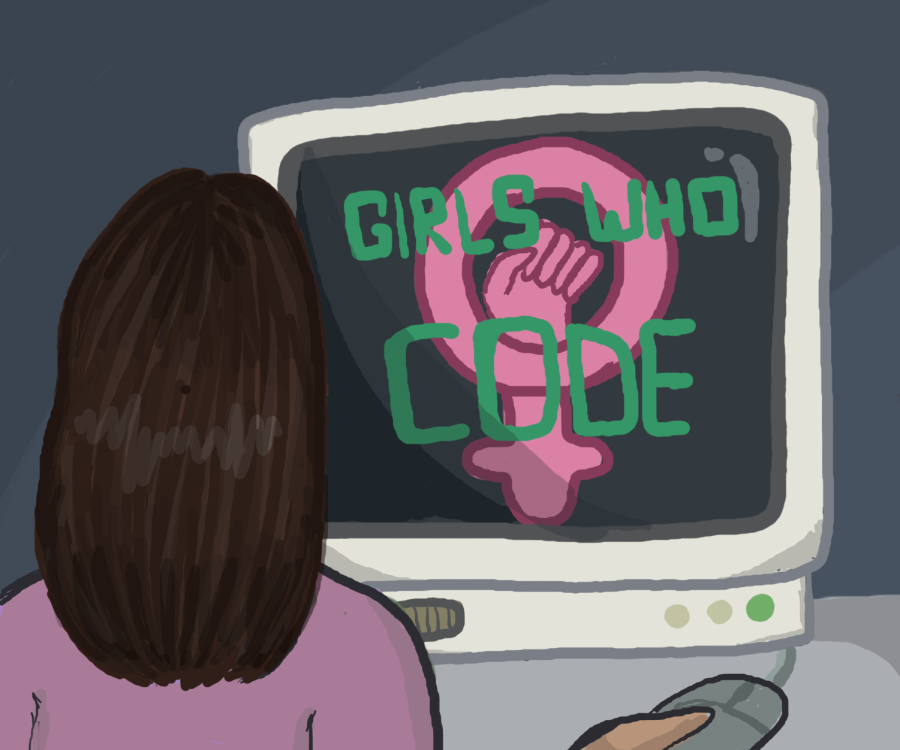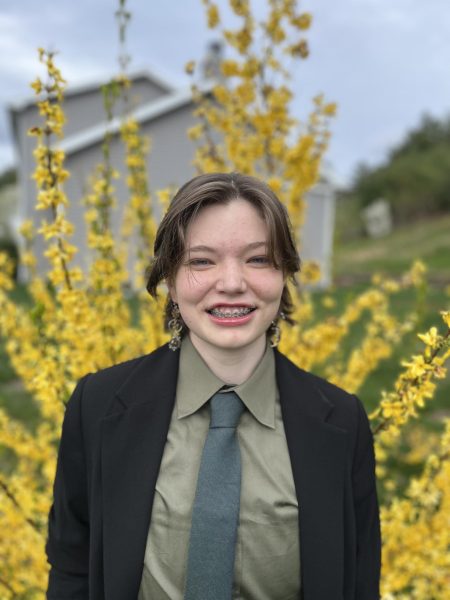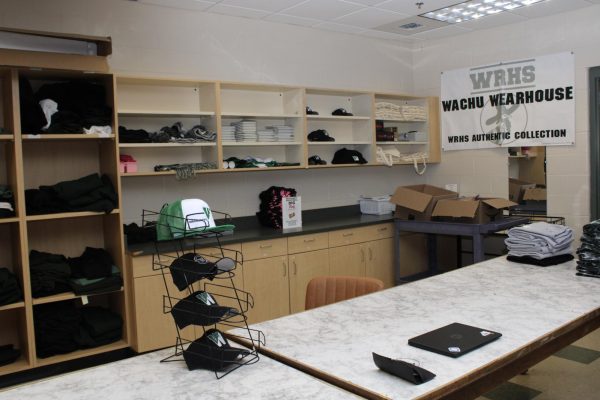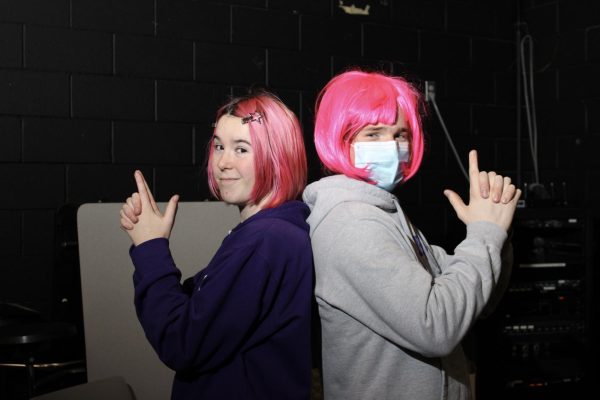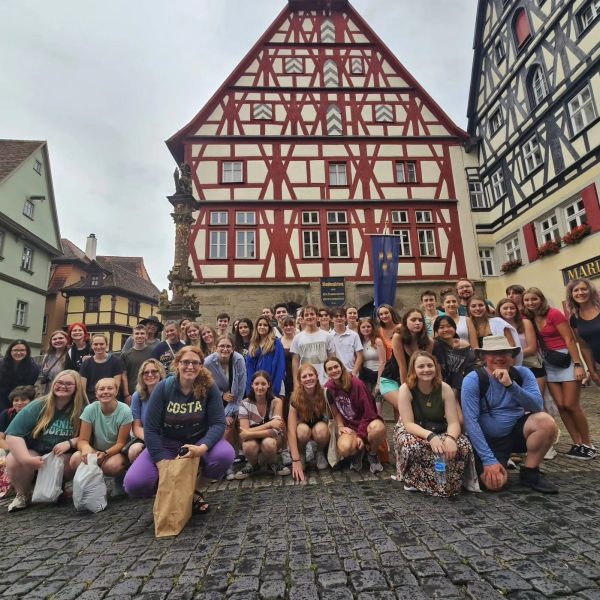Newest afterschool club teaches and inspires code-loving Mountaineers
Every year students have the opportunity to join clubs – whether newly created or established for decades.
This winter, the Regional has offered a new STEM club: Girls Who Code.
“I want to teach girls how to be brave,” said adviser Mary McHugh, a Senior Software Project Engineer at DRS Power Technology. “The founder of this international club was of Indian descent and ran for office, which taught girls they could be brave.”
Although meetings have just begun, the club has been in the works for years.
“I’ve been thinking for years about starting one of these clubs, but I’m also the head coordinator for DECA, so I didn’t have the time to do it alone,” said Technology teacher Bill LaBaire.
According to McHugh she became inspired to start the club after watching a video from the founder of Girls Who Code.
“I saw a TED talk by Reshma Saujini, the woman who started Girls Who Code. She talked about how women are taught to be perfect, not taught to be brave, and how she wanted to change that. I’ve seen it, and I’m passionate about inspiring bravery. It was good timing when I saw the video, so I decided to come to [principal] Mr. [William] Beando with the idea,” said McHugh.
Senior Lily Pouliot said her inspiration for coding came from her elective class freshman year.
“I remember starting my coding path in eighth grade but my passion really bloomed once I joined Mr. LaBaire’s class in ninth grade,” Pouliot said. “He taught me the importance of computers and coding along with the idea that I could be part of the growing development of the internet and tech.”
According to McHugh, the club incorporates art – just in a nontraditional way.
“Coding is building, it’s creating. You can be creative, you can break things down to rebuild and create something new,” said McHugh.
Pouliot agreed and said she enjoys the creativity aspect of the club.
“For me, I find coding extremely interesting and a way to express myself. I am a terrible traditional artist, such as painting, sketching, sculpting, and even digital art, but I can create a new type of art with coding,” said Pouliot.
The direction of the club will depend on the interests of its members.
“We allow the girls to choose a project of real-world relevance and impact,” said McHugh.
Club member, junior Vanessa Peloquin said she has begun working on a project for middle schoolers.
“Currently, I’m working on coding an app/web development for middle schoolers to help them learn more about geography and use it as an interactive way to learn!” said Peloquin.
Members will also develop their programming skills through videos and readings during the ten meetings throughout the year.
“Science and technology take time to discover and build. Us women need to be a part of the process,” said McHugh, who said that women make up only 19% of people who have computing degrees. “Phones are driven by code. Men write it, which means that women are not represented. It’s like women have no vote.”
McHugh said Girls Who Code clubs work to rectify that inequity and .rethink societal expectations of women
“My mission is to work to inspire, educate, and equip girls with computing skills. My vision is to develop equality for everyone,” said McHugh. “Girls are taught to be perfect all the time, which is so much pressure. But with coding, you never get it right the first time. It’s a process, you have to try and then try again, which leads to bravery. It is okay to fail.”
Peloquin said the club will be one step towards a larger goal.
“I wanted to code because I had always been super interested in computers and I want to use coding in the future for a potential career,” said Peloquin.
According to the adviser of the Regional’s Girls Who Code Cub, the mission remains strong.
“You can’t be it if you can’t see it,” said McHugh. “We need to see women represented.”
Amelia Darmanin is currently a freshman from Princeton. She loves to read and write, and spends most of her free time with her nose in a book. Amelia joined...
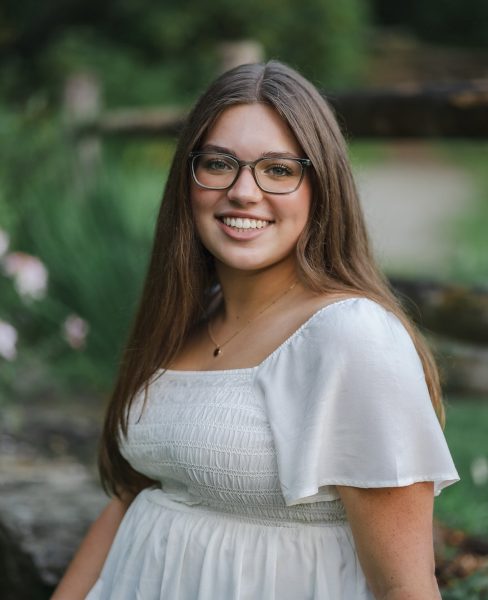
Allison is a senior and has been working with the Echo for four years. She enjoys reading, listening to Taylor Swift, and editing for the Echo.



